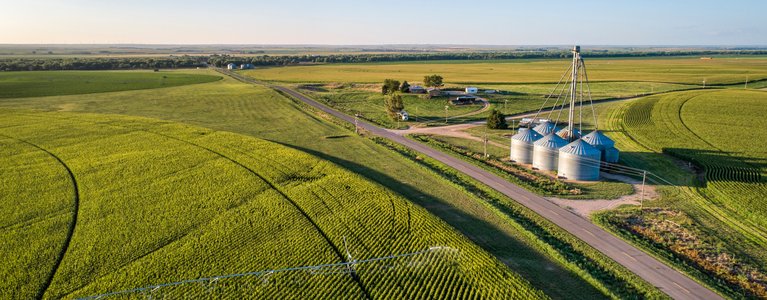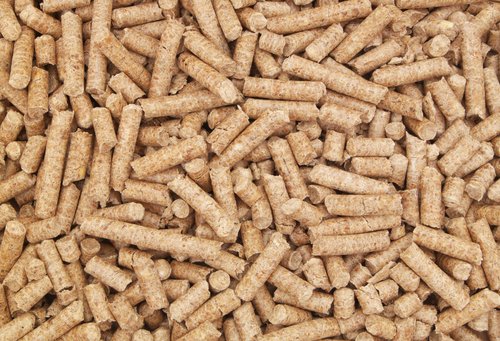Biomass Renewable
The biomass renewable energy sector plays a key role in the global shift towards low-carbon energy and is an important part of the UK's renewable energy mix.
Biomass refers to organic materials; such as wood, agricultural residues, food waste, and specially grown energy crops, that can be used to generate electricity, produce heat, or create biofuels. Unlike fossil fuels, biomass is considered renewable because it can be replenished over relatively short timeframes and can contribute to a circular, sustainable energy system when managed responsibly.
In the UK, biomass accounts for roughly 5–8% of total electricity generation and forms a significant portion of the country’s renewable energy output.


Biomass can be used in solid (e.g. wood pellets), liquid (e.g. biodiesel), or gaseous (e.g. biogas) form. Anaerobic digestion, which breaks down organic waste to produce biogas, is widely used in agriculture and food industries. Liquid biofuels derived from crops or waste oils are increasingly used in transport and aviation as lower-carbon alternatives to fossil fuels.
Support for biomass in the UK comes through government schemes such as the Renewable Heat Incentive (RHI) and Contracts for Difference (CfD). These encourage investment in renewable heat and power generation, helping the UK move toward its net-zero emissions target by 2050.
Despite concerns, when sourced locally and managed properly, biomass can provide flexible, dispatchable energy that complements intermittent sources like wind and solar. It also offers a pathway for decarbonising hard-to-electrify sectors such as industrial heating and heavy transport.
